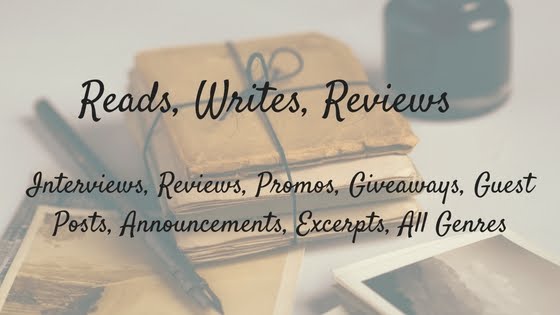Well, yes and no.
In this comprehensive yet very readable new biography, Spinks explains the background to the complicated situation in the years before Robert emerged as leader. He begins with a concise but thorough recap of Scottish history up to the entrance of the Bruce family as players on the political stage. He then sets out the family tree, giving brief details of Bruce's forebears and the family's rise, offering some necessarily speculative information on what Robert's childhood would have been like, based on what little primary evidence is available.
We then read about the rise and fall of King John Balliol, with an excellent summing up of the complex politics (all is very clear, with minimal introduction of characters). Next we learn the details of the rebellion of Wallace and Murray, before the author deals with the knotty problem of Robert's murder of his rival John Comyn. While Spinks feels that he was probably expecting to have to kill Comyn, he also points out how badly that would potentially have affected his chances of winning the hearts and minds of the people he hoped to rule, and how he knew his mortal soul was thenceforth damned. So there is a contradiction here, but one suspects that any researcher of 'The Bruce' would struggle to establish motive/intent. It is a puzzling episode. Notwithstanding this problem, we have a clear explanation of his rise, with the dispelling of myths regarding the legendary cages into which members of Robert's family were placed when taken as hostages by the English.
As Robert comes into his own, we see him as a canny strategist and wondering in dark times about being punished for murdering Comyn, which maybe suggests that it hadn't, in fact, been planned.
The depiction of the hit and run tactics which won Robert back his kingdom - especially of James Douglas scaling walls, is 'Boys' Own' stuff and marvellously described. We are then treated to a clear retelling of Bannockburn, showing Bruce to be a supreme tactician able to capitalise on every opportunity. It was a revelation to find that the victory almost happened by accident.
And it was a stark reminder that, contrary to Hollywood's enduring belief, Bannockburn was far from the end of it. Robert suffered much personal loss in the following years, endured the continuing worry that he had no adult male heirs, and struggled still to persuade England, and the pope, to accept him as king of the Scots.
Yet once again we see the clever commander capitalising on the rebellion of Queen Isabella and Roger Mortimer against Edward II, although more personal heartache was to follow for Robert.
I was particularly appreciative of the last chapter, 'Aftermath', where the author discusses in detail the possible causes of Robert's ill-health. The fact that he was often left completely debilitated by the bouts of whatever ailment it was, yet never gave up his fight, demonstrates his tenacity. It may perhaps be a spoiler, but ultimately Robert was not able to establish the dynasty he had hoped for, and there is some discussion here about the horrors of the battle of Halidon Hill, where Scottish forces fell victim to the superior army of Edward III. Nevertheless, his legacy was to put in motion the eventual independence of Scotland. What is also clear is that Robert was a man able to command absolute loyalty from those around him.
I thoroughly enjoyed this book. The very fact that I can remember so much of the detail contained within, enough to tell people, 'did you know that...' is testament to the author's style. This book is informative, yet accessible. Never once did I have to re-read a passage - the whole book flows beautifully.
I had one tiny niggle, which is that I would have preferred a little more elucidation in the endnotes; there are no comments there, simply text reference page numbers.
However, that aside, this is an excellent biography of a man whom I realise now I knew little about and now feel much better informed about. Highly recommended.
Stephen Spinks wrote his dissertation on Edward II while studying at King's College, London. He works for the National Trust and manages three Medieval heritage sites with 900 volunteers and 150 staff. He is a columnist for 'Midlands Zone' magazine, in which he writes a very well received exploration of life as a gay man today, partly political, partly personal. He has given many interviews on radio and in his capacity at the National Trust, to 'BBC's Escape to the Country' and the 'Antiques Road Show'. He has been studying the primary sources (and locations) for this book over the past 15 years.
Buy Robert the Bruce: Champion of a Nation
Amazon
Amberley Books





